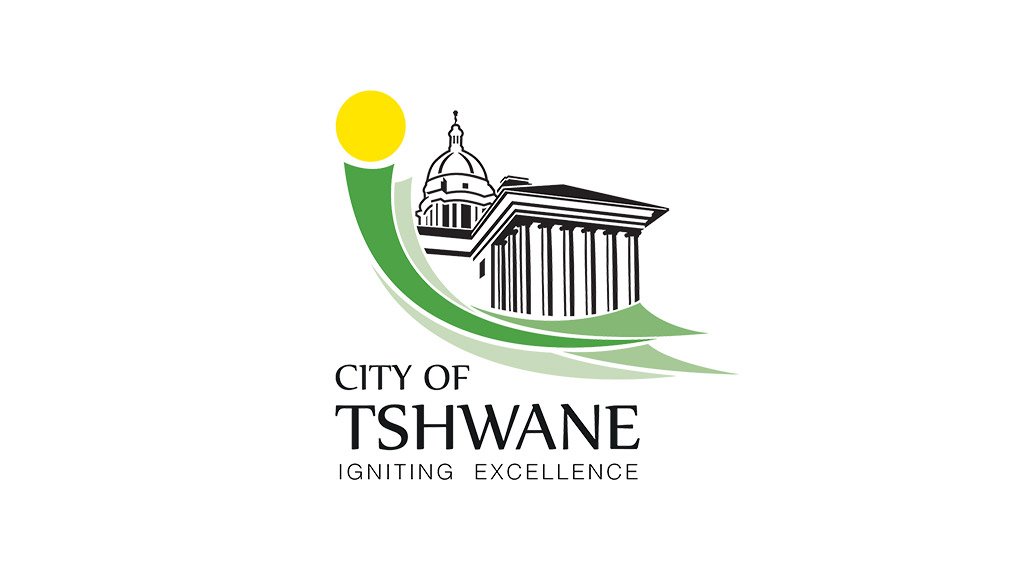The votes cast by 69 Democratic Alliance (DA) councillors in the election of the Tshwane council speaker were disqualified after being declared spoilt ballots, which paved the way for the election of African Transformation Movement (ATM) councillor Mncedi Ndzwanana as council speaker.
Ndzwanana beat ActionSA councillor Kholofelo Morodi by a considerable margin.
Councillors were shocked when the Electoral Commission of SA (IEC) announced that there were 69 spoilt ballots. The voting process was held by secret ballot.
ActionSA backed Morodi, who was also endorsed by coalition partners, including the DA, the African Christian Democratic Party (ACDP) and the Freedom Front (FF) Plus.
The IEC said the 69 votes were declared spoilt ballots because they needed to be marked accordingly.
After the results were announced, DA, ActionSA, ACDP and FF Plus councillors stood in shock, unable to hold back their disapproval.
On the sidelines of the council meeting, DA councillor Cilliers Brink said the party took a strategic decision to mark ballots by indicating who councillors voted for.
The ballots were marked with numbers designated to each DA councillor ahead of the voting process.
Brink said the DA believed the IEC should have allowed the votes. He denied that the DA used the strategy because it did not trust its coalition partners.
A breakdown of coalition partner numbers shows the DA has 69 councillors, ActionSA 18, FF Plus 17 and the ACDP two. If the 69 votes were counted, Morodi would have won by 106 votes.
Brink said the party would decide whether to challenge council procedures.
"All of the votes from the DA were disqualified for the reason of how those votes were expressed. Electoral law is clear that if the voter's intention is indicated, it does not matter with what marking, if the intention is indicated, that vote must go to the candidate. Unfortunately, the IEC, whose bias we were concerned about from the onset, indicated that because of the markings those votes were disqualified," Brink added.
Brink said in the DA's opinion, they stuck to the mandate and voted for the ActionSA candidate. He said they refused to sign off on the IEC results slip because they believed the processes were unfair.
Brink said, "We will consult our attorneys and overturn this process."
"We voted in a certain way, and they were disqualified."
Some African National Congress (ANC) councillors remarked that it was clear that "these people did this on purpose because they did not want the ActionSA candidate".
The DA and its coalition partners stormed out of council proceedings immediately after the results were announced.
This is the second defeat in council for the DA and its coalition partners and may lead to fresh concerns about caucus direction, especially during secret ballot elections.
Last month the DA lost the mayoral election when Congress of the People (Cope) councillor Murunwa Makwarela, backed by the ANC and the Economic Freedom Fighters (EFF), was elected mayor. At least eight coalition members voted against the party line in that election and endorsed Makwarela.
So aggrieved was the DA coalition bloc that it decided to conduct polygraph tests to try and pinpoint which councillors had helped the ANC and the EFF.
Caucus meetings were held ahead of the council meeting to elect a speaker. It was expected that the coalition, with a solid majority, would be able to clinch the speaker position.
The ANC hailed Ndzwanana's election. Gauteng ANC leader Panyaza Lesufi said "democracy prevails in Tshwane", adding that the spoilt ballots were a political protest by the DA caucus.
The EFF said for them, the DA's voting decision showed that its concerns about the intimidation of councillors who voted in secret were warranted.
"We have raised this issue through our statements about the intimidation of members in the multiparty coalition, including the lie detector tests. What happened here was the DA instructed their people not to vote through the cross. They asked them to vote through numbers so each councillor of the DA was putting a number. The electoral act is clear. They are the ones who have created that mess and they must take responsibility," EFF regional leader Obakeng Ramabodu said.
The ANC and the EFF have grouped together to vote minor political party candidates in councils into leadership positions.
Ndzwanana is an ATM member, and his party only has one seat in the Tshwane council.
"What needs to be done is to ensure that the residents of Tshwane get what they need, and that they have a leadership that drives services to them," Ndzwanana told journalists.
He said he was unmoved by the DA's threats to head to court.
"The good thing about today (Monday) is that it was a secret ballot. They took a decision to vote the way they did. For them to lose cannot be my fault," Ndzwanana said.
The EFF and the ANC council bloc showered the newly elected speaker with speeches of adoration. They all remarked that his election indicated that the Tshwane metro would again move in the right direction.
It is unclear whether Ndzwanana's election will bring political or administrative stability.
The focus will now shift to the election of a new mayor. The political instability witnessed in the City for several weeks meant further delays in passing the much-needed adjustment budget to help cushion the metro into the remainder of the financial year.
After National Treasury provided an extension until the end of March for passing the budget, the time frame for councillors to elect a speaker and mayor was shortened.
With the election of Ndzwanana, he will be forced to convene a council sitting to elect a mayor within the next two weeks.
Only once a mayor has been elected and a mayoral committee appointed to decide on financial decisions, can the mayor present the adjusted budget for adoption.
EMAIL THIS ARTICLE SAVE THIS ARTICLE
To subscribe email subscriptions@creamermedia.co.za or click here
To advertise email advertising@creamermedia.co.za or click here











